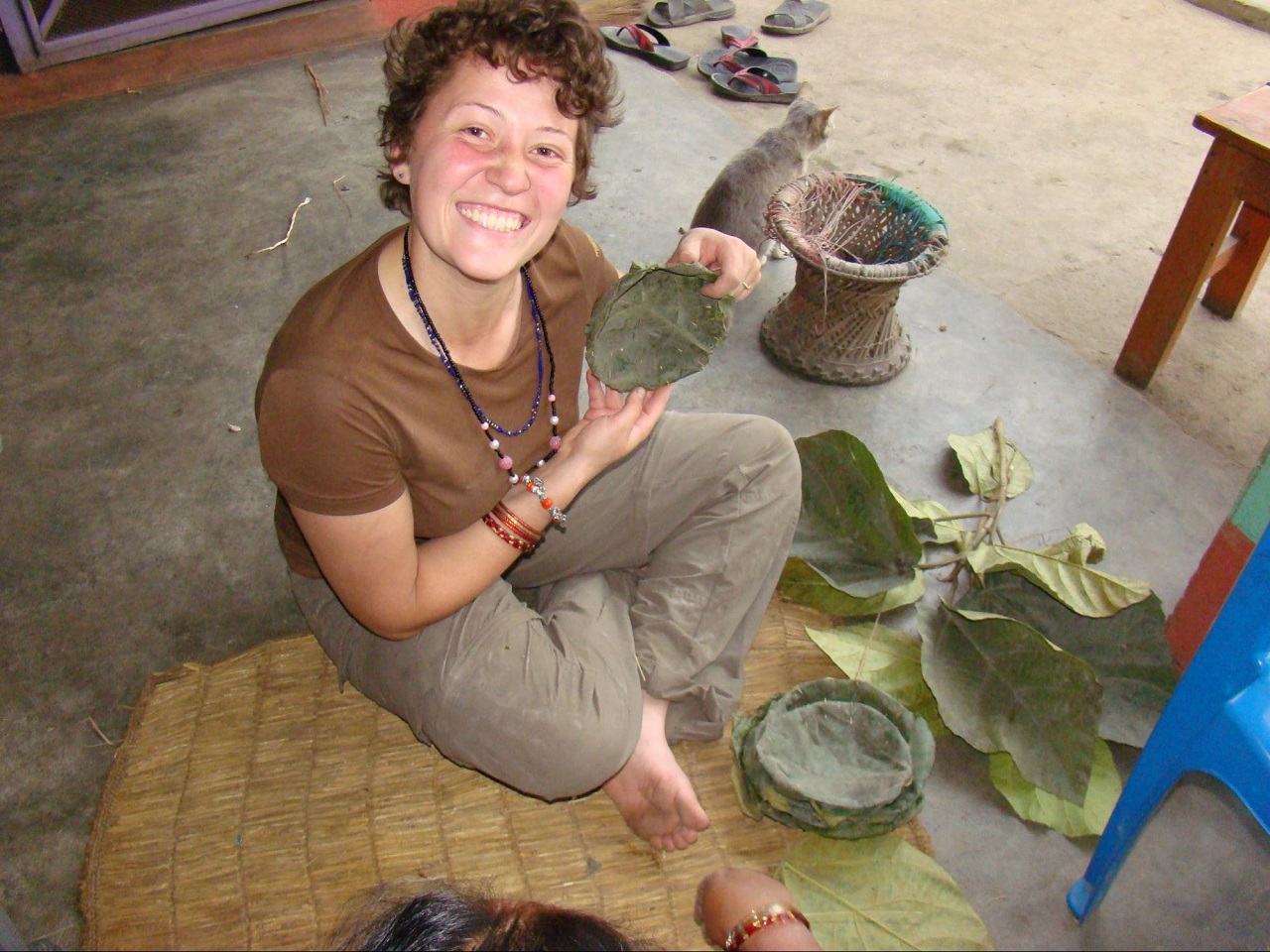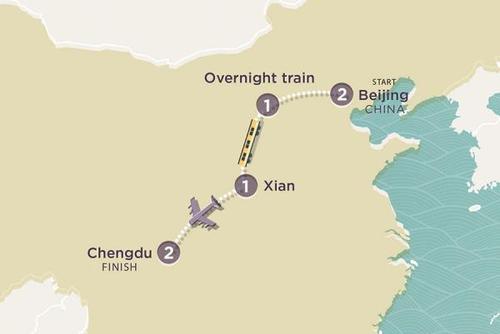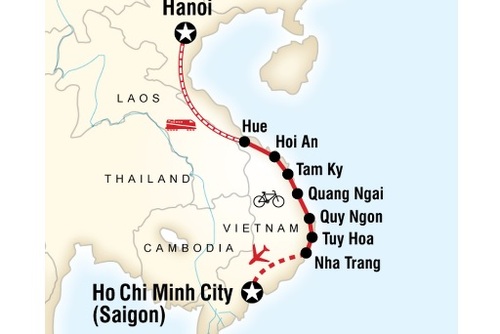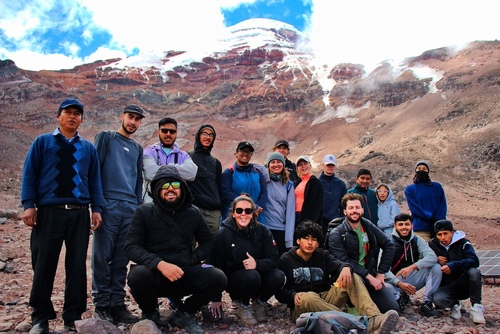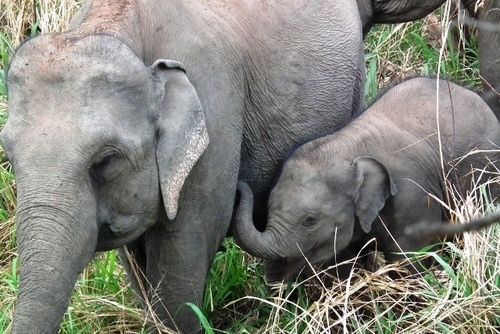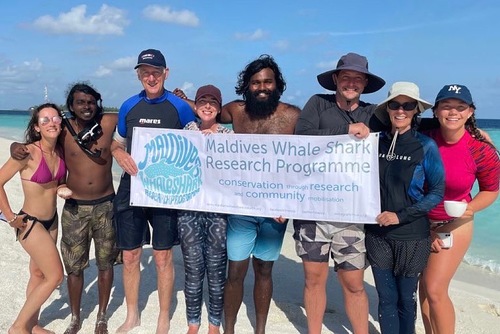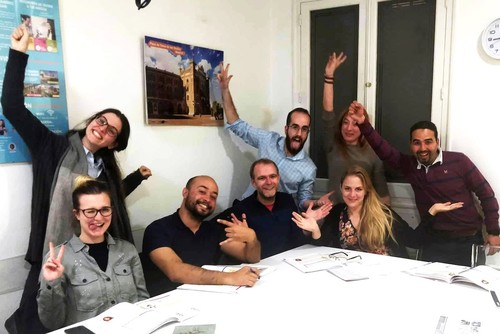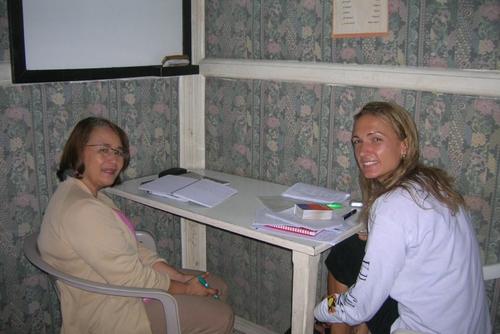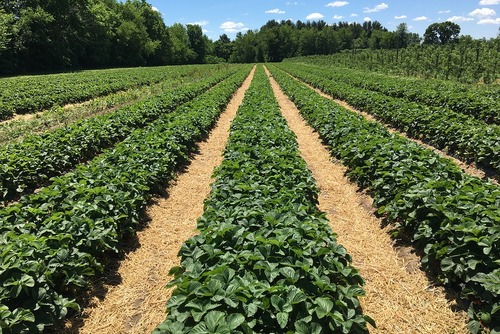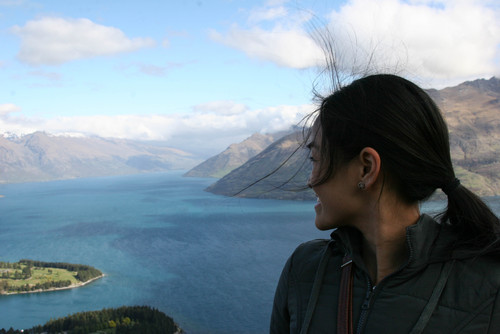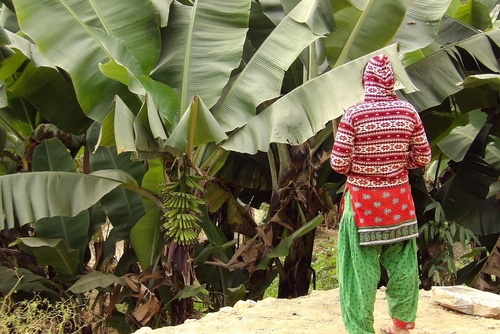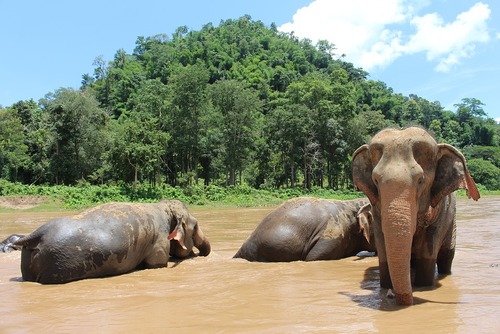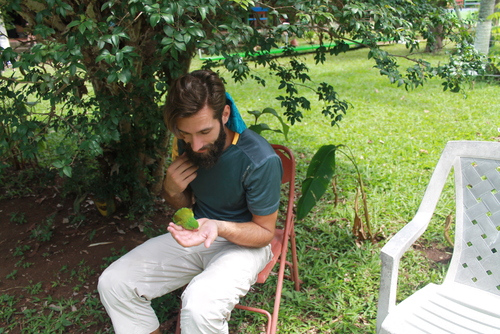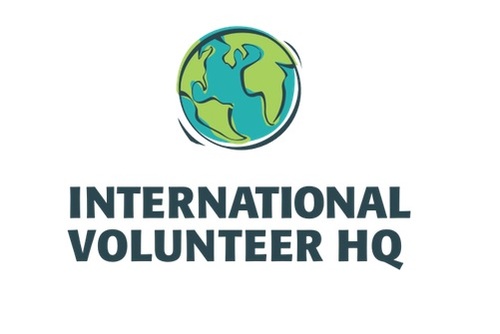You can apply to work on a farm for four to six hours a day in exchange for room and board.
WWOOF offers travelers a great way to travel on a budget, get to know the locals, and spend time in rural areas, while hosts get a little help and the chance to share their knowledge and perhaps plant the seeds of a lifelong passion - which is exactly what happened to Carley Fairbrother.
Here she shares her experience of WWOOFing and why if you participate, it might just change your llife.
My First WWOOF Experiences
My introduction to WWOOFing started volunteering in Canada at a biology research camp in the Rockies.
Here I worked with a German woman who had recently finished up a WWOOF stay. She didn’t seem to have the best things to say, but perhaps it was because she was a vegetarian on a beef ranch. Regardless, the idea intrigued me. I was about to graduate from university, and despite a lack of cash, was itching to go abroad.
My first WWOOF experiences were working in Australia, and while they were among the highlights of my trip, I can’t exactly call them life-changing. They did, however, eventually lead me to apply to volunteer in Nepal through WWOOFing, which is where the real magic happened.
I Saw what Sustainable Living Actually Looks Like
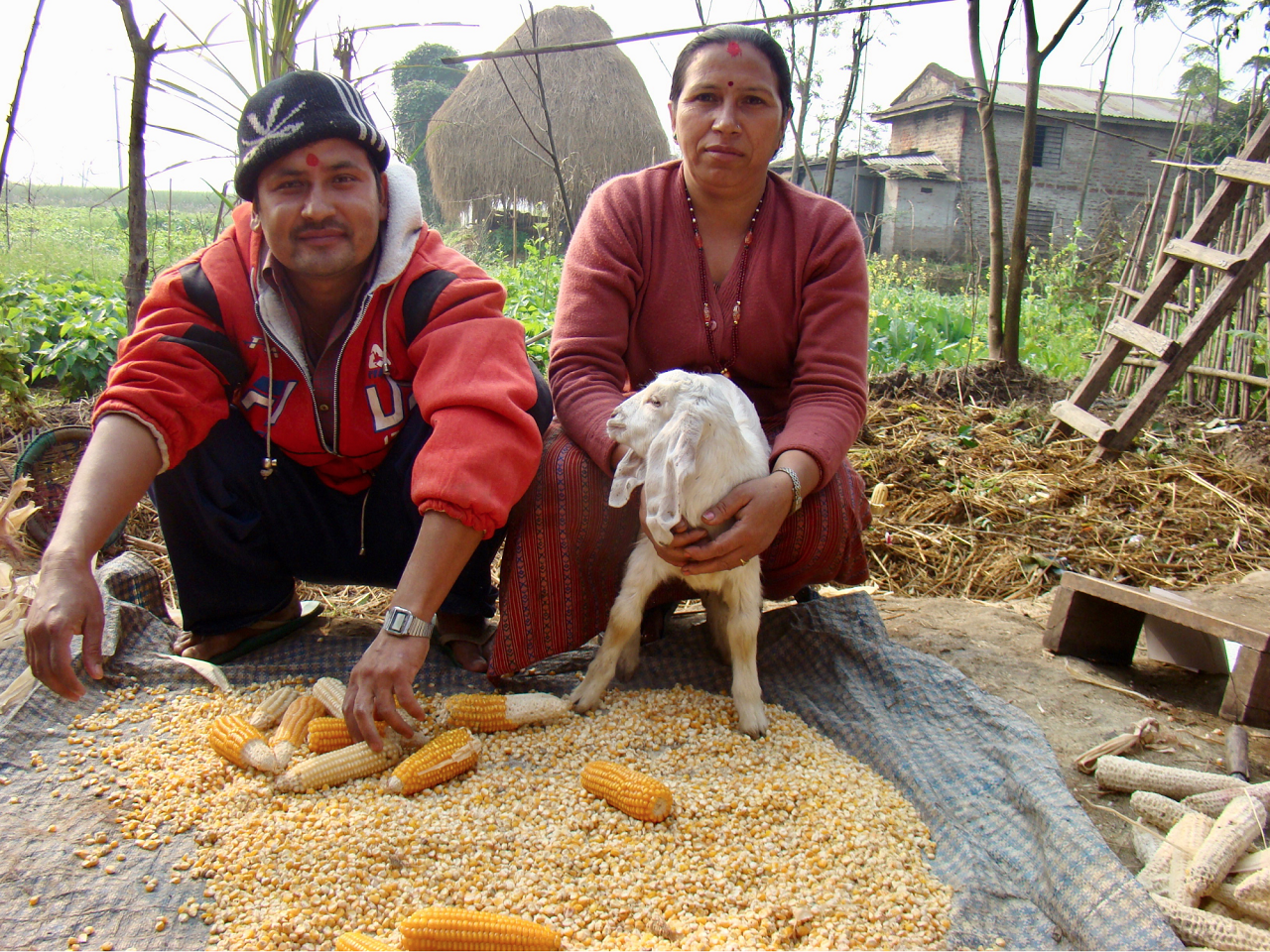
My first month WWOOFing overseas was spent on a farming co-op in the Terai region of Nepal. While I was quick to realize that my labor wasn't particularly needed, I was amazed by what I saw.
At the helm of the co-op was Chandra Adhikari. He was working diligently to incorporate permaculture principles and other creative techniques with traditional farming methods. He had set up lights to attract flies to the pond at night to feed his fish - fish that would be released into the rice paddies in summer to fertilize and eat unwanted critters.
He dabbled in farming frogs, worked at making more fuel-efficient stoves, and had built a methane digester to turn human and buffalo waste into cooking fuel. All the waste was then sent to the worms, who had to be kept on an island with a moat and a wall to keep the mongooses from eating them all.
Then it was onto farm number two. Surya, or Buwa (father), was equally passionate about his permaculture practice. This time, the farm was on the terraced foothills of the Himalayas. Buwa grew coffee as a cash crop but also incorporated something like 80 useable plants into his coffee grove.
Neem, cinnamon, papayas, and pineapple were just a few of the plants growing there. Other villages brought him their own coffee and Buwa dried and husked them before sending them off to be roasted.
I Learned About Problems Facing Local Communities
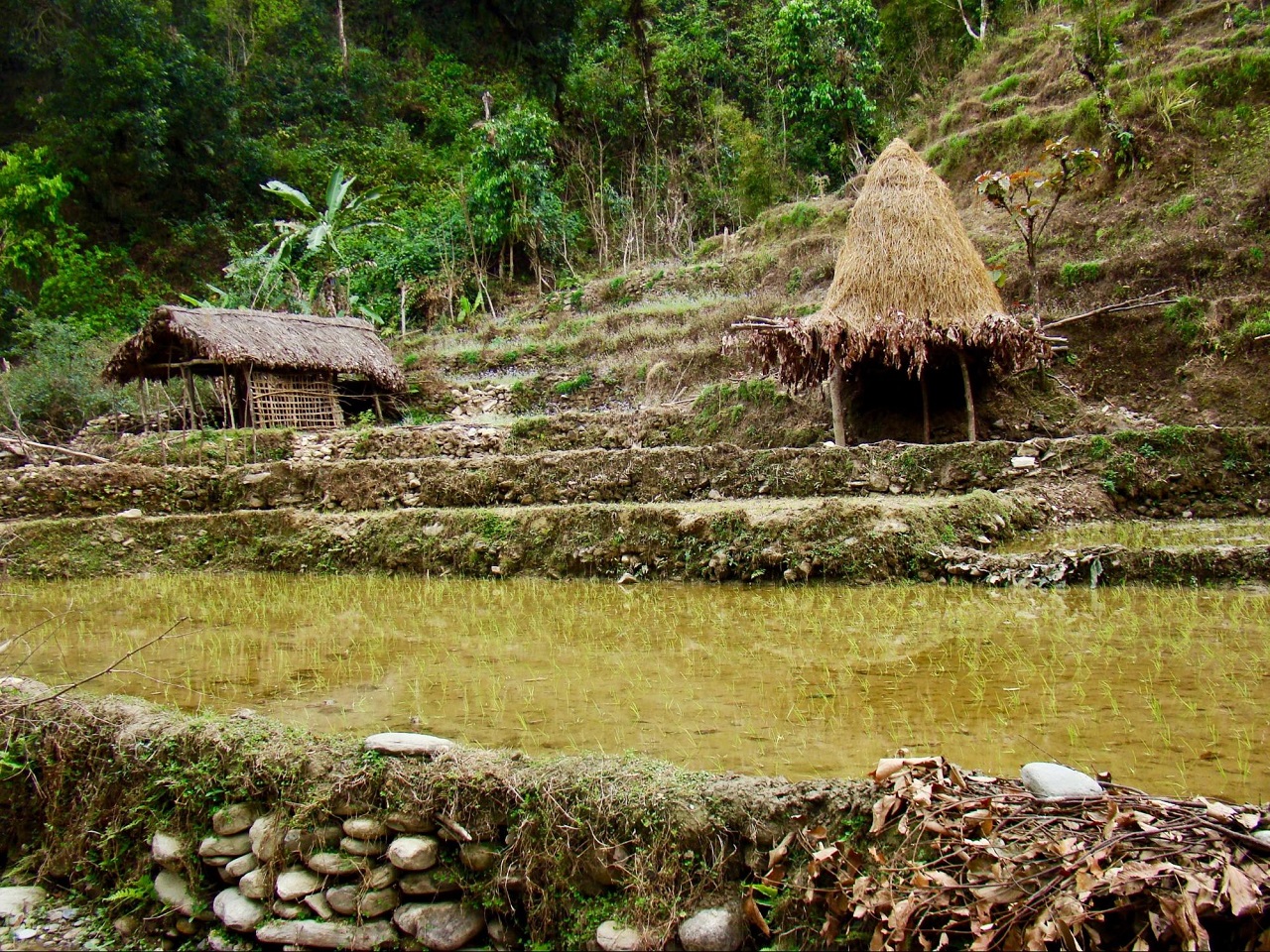
On my first farm, Chandra and I took a visit to a nearby agricultural university, where a professor talked about the potential of agrotourism, and how it would be Nepal’s best chance against big agri-business.
He shared some of the ways Nepalis had been fusing modern and traditional methods to make some ingenious innovations. Improved efficiency and the potential income from agri-business would be enough to unite Nepal against some of the devastating effects or corporate farming in India.
On Surya’s farm, I learned a little more. A small English library introduced me to Vandana Shiva’s Stolen Harvest, and I was stunned by the devastating environmental effects of commercial shrimp farming in mangrove swamps, and mass suicides as farmers fell deeper and deeper into debt after switching to GMO crops.
Say what you will about GMOs, but it was clear that the economies of the developing countries Shiva wrote about were not ready for them.
I Found the Key to Happiness (or at Least One of Them)
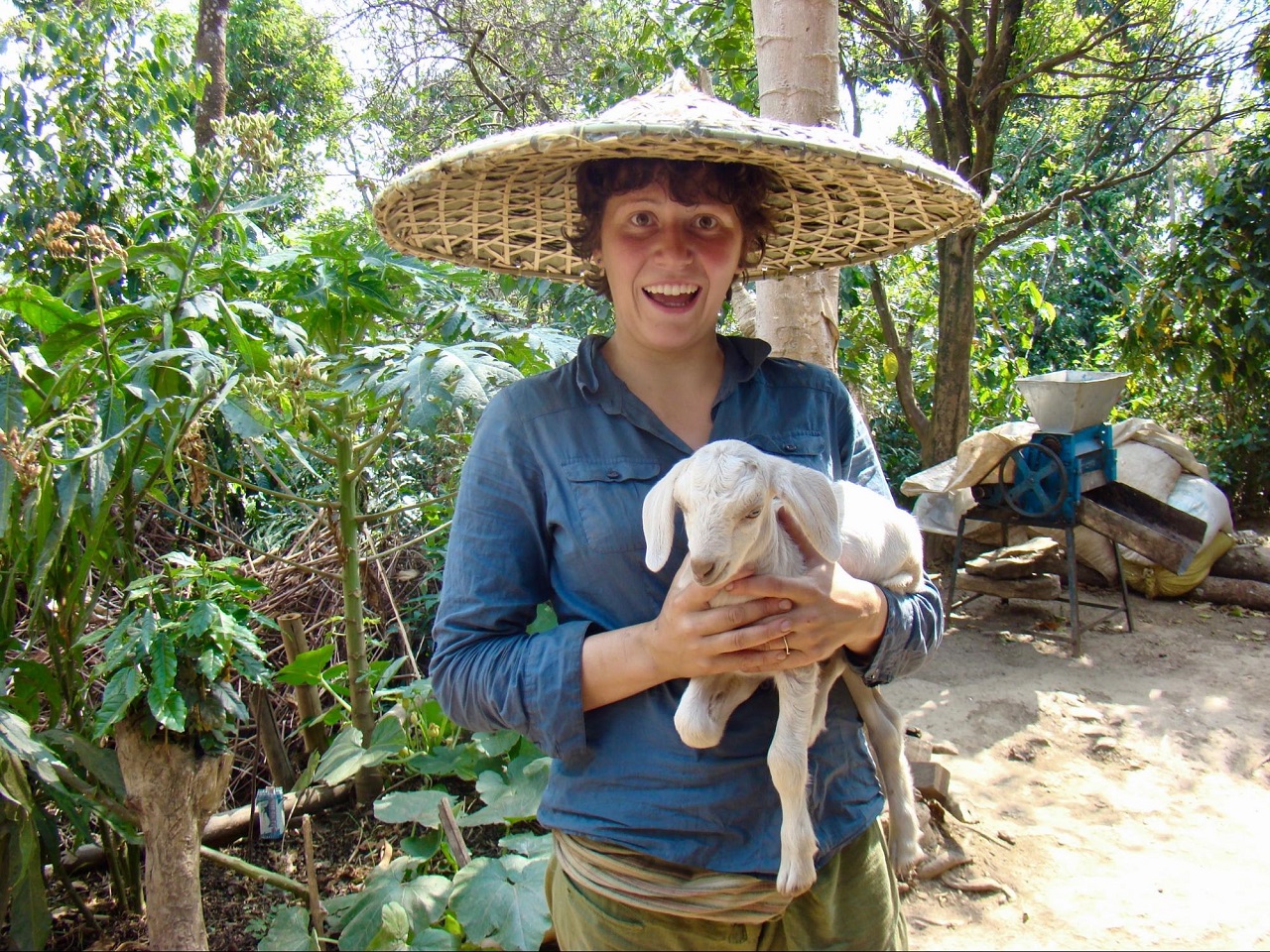
Food! After a while, I was starting to feel keenly aware of what I was eating.
Very little food came from off either of the farms. Perhaps only the tea and sugar (though most sugar needs were provided by the bees). I was eating completely local food, hand processed, painstakingly cooked on clay stoves, and eaten with the hands.
Nowhere was there a break in the connection between the land and the food I put in my mouth. It felt amazing! I stopped craving sweets and junk food, and I started feeling the strangest urges to head into the coffee grove to meditate.
I grew up wandering around in the woods and had started a career in Fish & Wildlife. I was no stranger to the idea that being connected to nature was important to my happiness, but this took it to a whole new level.
I Found My Passion and Started Planning
Most travel addicts return from a trip and start dreaming about their next trip, but I couldn’t wait to get home to Canada and get started. While I was feeling deeply connected to the land in Nepal, there was something missing - it wasn’t my home.
Back in Canada, I got to work.
I joined WWOOF Canada, and on my days off of field work in Northern BC, headed south to the tiny town of Hazelton to work with a couple who were already living the off-the-grid dream.
From them, I learned about compost powered hot water systems, passive solar heating, recycled veggie oil generators, and a whole slew of projects they had done or were planning on doing.
They had spent years gleaning whatever knowledge they could from whoever they could and had made a great success of their projects and their lives.
I Found My Inner Educator
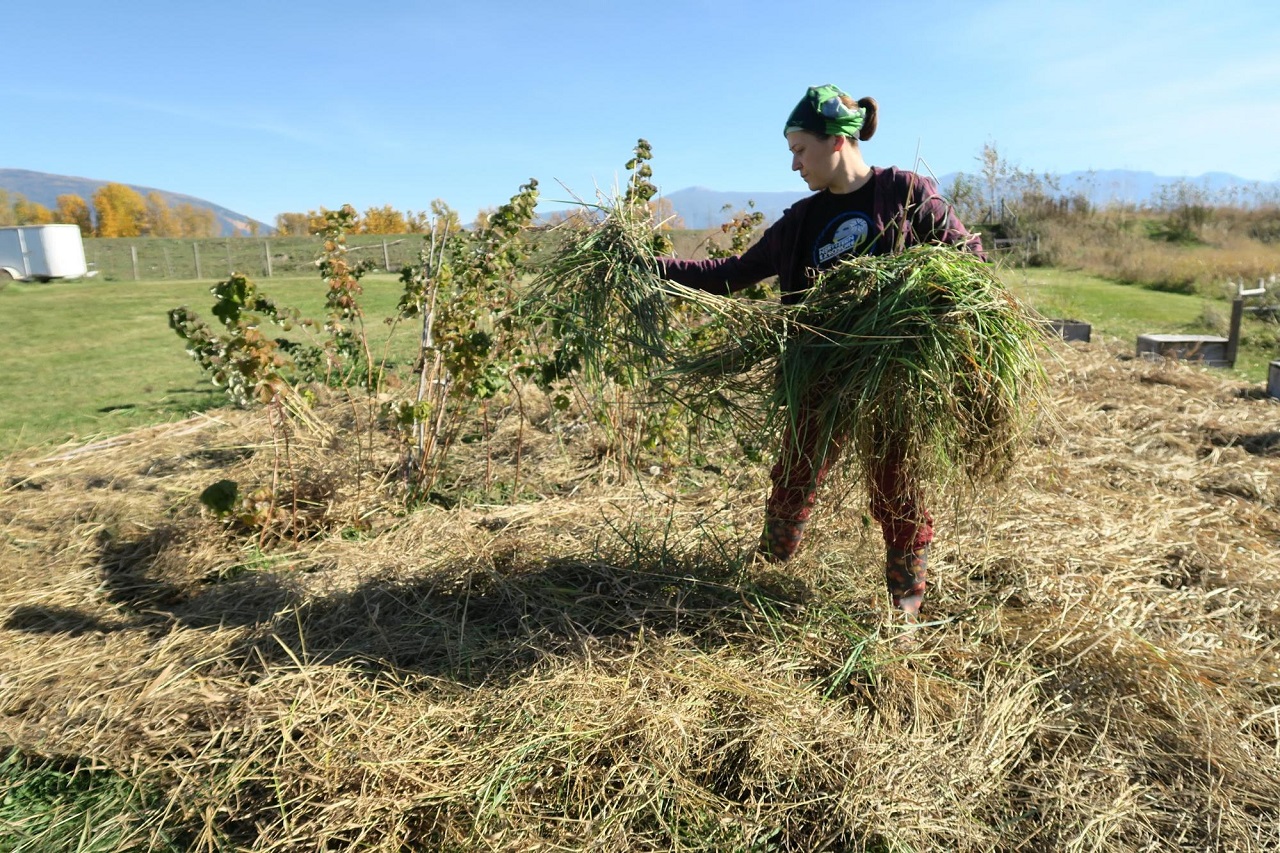
Then there was a small issue of finding land and getting the time for my own projects. I was working seasonally at the time as a backcountry park ranger in a remote location and as the fisheries technician. While my work allowed me to save money quickly, it also occupied the entire growing season.
The issue was that while I loved the work, I never found it particularly fulfilling. It was a job I did for me, not for the rest of the world. Teaching came up not because of summers off, but because I wanted to share my new-found passion.
I had worked a bit in outdoor education before, so I knew I liked at least some aspects of it. In fact, I loved seeing the effects getting connected to nature had on kids.
Unfortunately, I also knew that I found the classroom environment stifling. Regardless I started working on my Bachelor of Education, deciding that I would work my way into teaching an outdoor program.
Eight years later, I’m still working on buying the property, and I’ve sifted from outdoor education to special education. Despite outward appearance, the effect WWOOF had on my life shows up in my life every day.
It forced me to change my perspective on how I was living my life and made me want to make a difference. It changed my career, influenced where I chose to settle down and continues to affect how I eat and behave as a consumer.
I may not have my bit of land yet, but I’m still growing a bit of food.
By Carly Fairbrother

